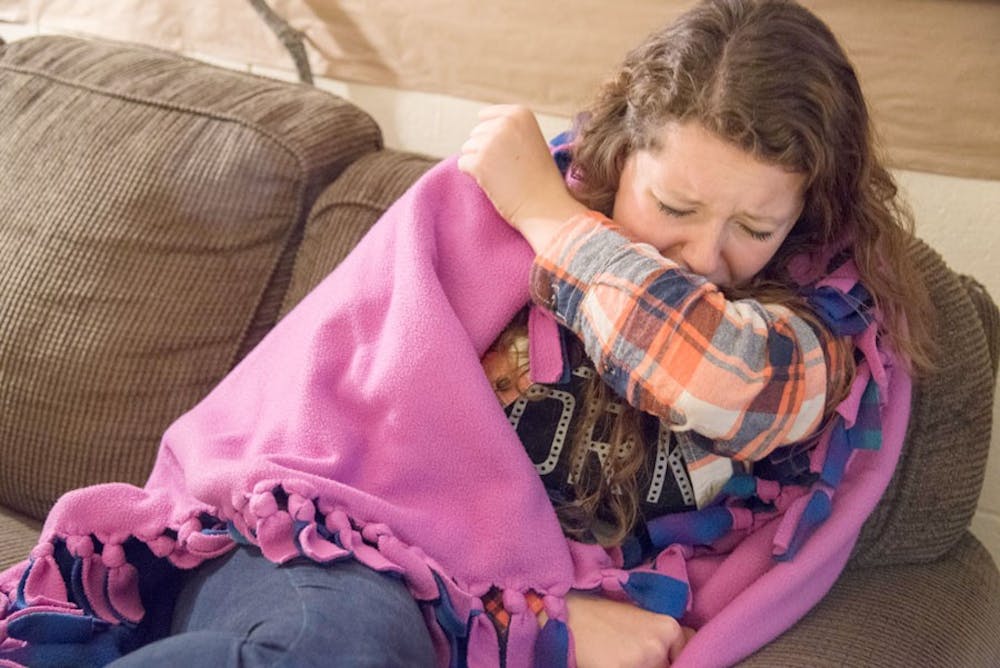By Becca Robb | Echo
Two students who took the Italian Cultural Legacy Honors trip over J-term returned stateside with an unexpected souvenir-whooping cough.
Whooping cough (known medically as pertussis) is a highly contagious respiratory tract infection, according to the Mayo Clinic. Symptoms of whooping cough include outbursts of uncontrollable coughing, a mild fever and general discomfort.
The United States tends to see a peak in new cases every three to five years. The most recent peak year was 2012, when people reported 48,277 cases of whooping cough, according to the Centers for Disease and Control.
Freshman Sarah Gorman said she isn't sure how she caught whooping cough, as her vaccines are reportedly up to date. Neither of the two students are contagious at the present, though the cough itself can last from 10-12 weeks.
Only two out of 36 students on the trip caught the sickness, though many on the trip became ill from other causes.
"Everyone was kind of sick with something, but it seems like only one other person really had it," Gorman said.
Gorman had a chance to recover at home before returning to Taylor, as the class left Europe a week before spring semester classes started. She said her whole family had to take antibiotics to keep from catching whooping cough. Gorman said the coughing hurt her ribs and made her eyes water, making it difficult to sleep comfortably.
"I hope no one else gets it, because it's not fun," said Gorman.
Unlike Gorman, freshman Natalie Nohr was diagnosed with whooping cough after she began spring classes at Taylor. After confirming her diagnosis, the Health Center sent her home for five days to recuperate, causing her to miss classes and appointments on campus.
The most effective ways to avoid catching whooping cough are to get vaccinated and practice proper hygiene. People exhibiting symptoms of whooping cough should avoid direct contact with others and call the Health Center immediately.





